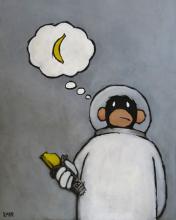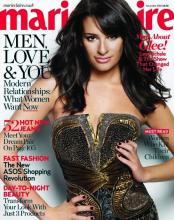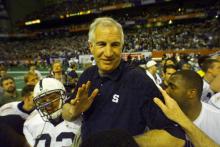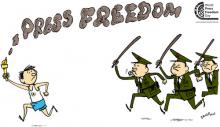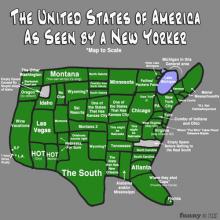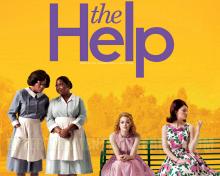Time's Top 10 Best Fashion Moments of 2011
Time magazine has released some really excellent Top 10 lists for 2011. These lists help you reminiscence about the amazing year, or make you glad that we're almost out of it. One of the lists this year are the celebrity fashion trend setters who made us want to spend more on a dress that cost more than we make in a year. Let's take a look at some of Time's Top 10 Best Fashion Moments of 2011:
Kate Middleton, that Wedding. We saw that Middleton wedding dress--high collar, lace, vintage-looking--on every cover on every publication this year. People all over the world watched Kate walk down the aisle. Sure, it was beautiful, but it's real impact has been on the wedding industry, which has created many a Middleton-esque dress this year. Ladies, that doesn't mean that Prince Charles is included.
Michelle Obama, State Dinner with China. For the state dinner at the White House with Chinese President Hu Jintao, Michelle Obama chose a dramatic red dress designed by Sarah Burton for Alexander McQueen. Michelle usually chooses a designer from the country whose leader she is hosting, but this time she picked a English, rather than Chinese, designer. She also annoyed Diane von Furstenberg, who thought she should have picked an American designer, with her choice. Perhaps Mrs. Obama should stop be so deliberate with her designer choices--she can't please everyone.
Kate Moss, Another 10th Anniversary Magazine Party. To her baby's father's magazine anniversary party, Kate Moss wore a dress that appears to be made from sparkly cellophane--you have to look for a moment to realize that she isn't holding a really large bouquet of flowers in her arm. She topped the look with a white, faux-fur shawl. Time says that she pulled the outfit off because it fit her well, and they liked the contrast of colors. I don't know. Maybe the outfit looked different in person, but when you appear looking like a package about to be unwrapped in front of hundreds of people, I'd probably steer clear.
The Smith Family, Pretty Much Any Red Carpet. Yes, all of the Smiths are attractive and talented. Yes, they all dress very well and set a style standard that is unachievable by any family, anywhere. Don't show off so much, Smiths; you'll completely ruin the Joneses.
What did you think were the fashion moments that rocked the celebrity universe this year?

